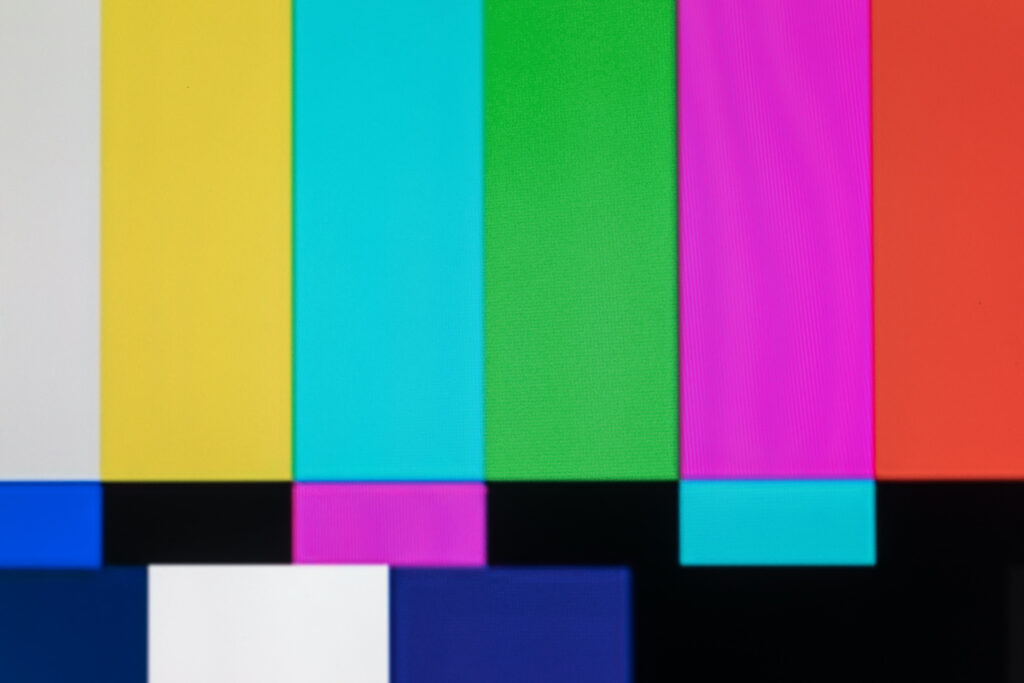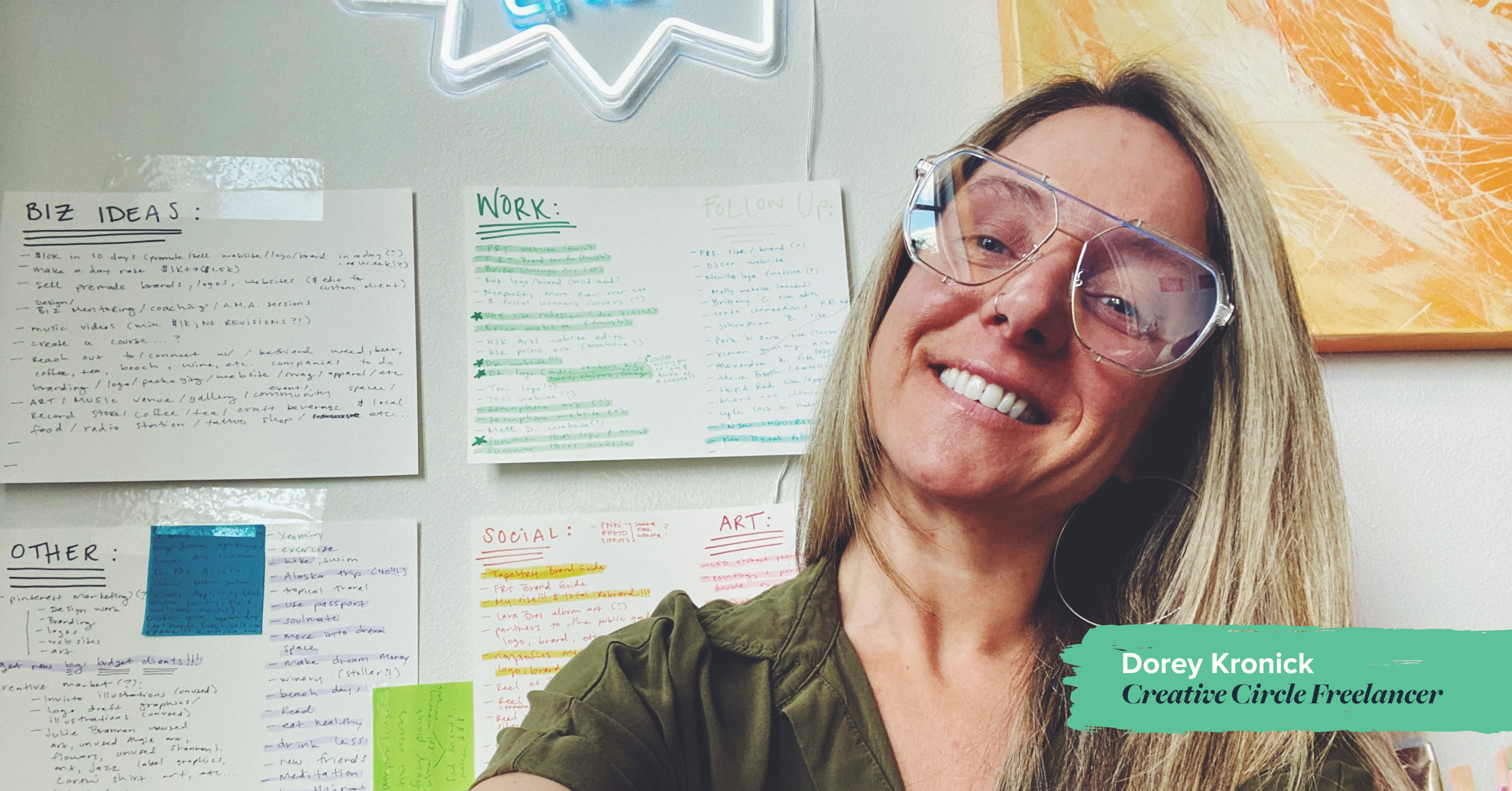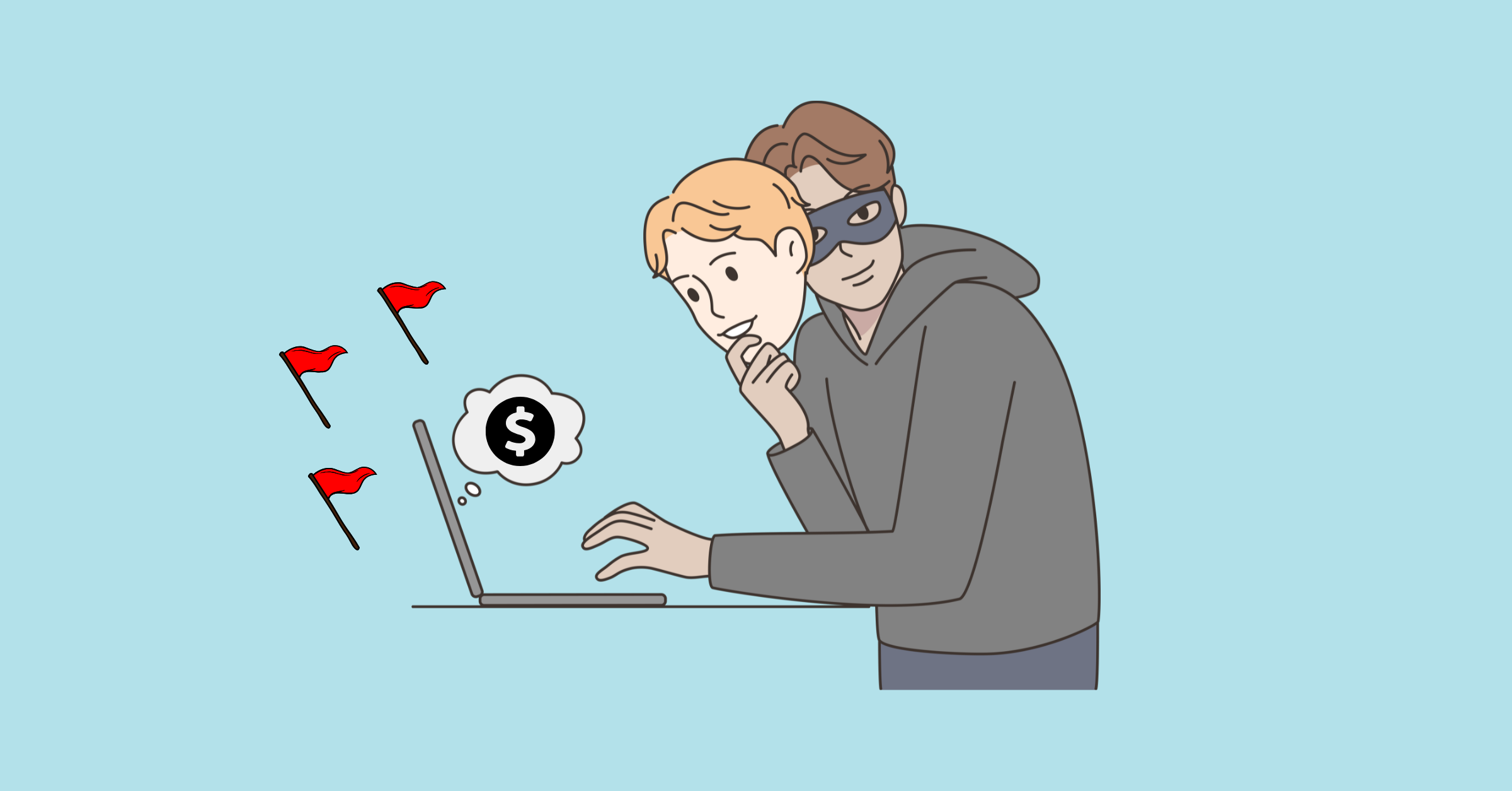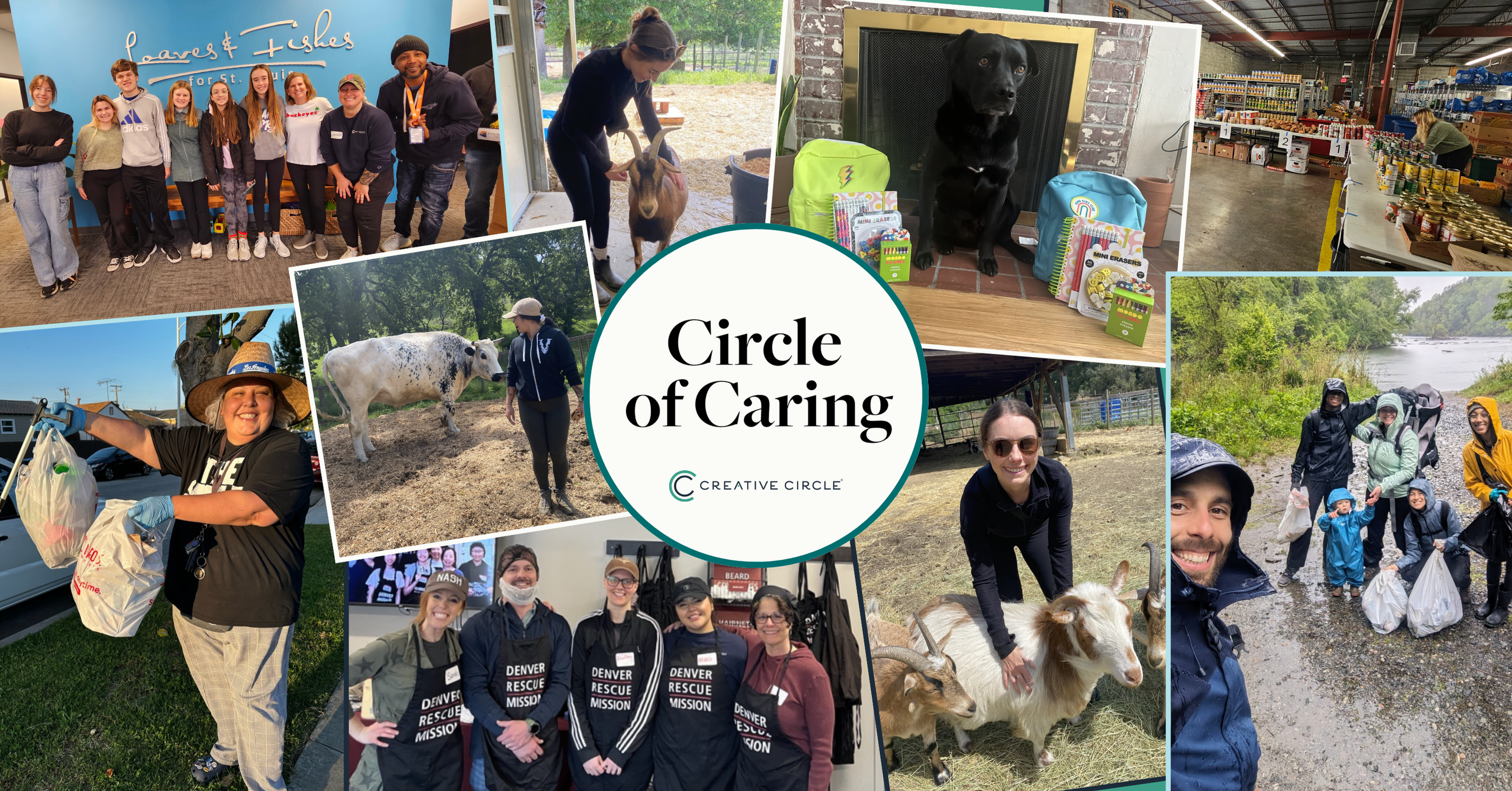Ironically, writing this piece about handling distractions during quarantine was a tough slog. Between not having a set schedule as a freelancer, new realities at home, an abundance of Zoom calls, and feeling all the feels, I just couldn’t concentrate with the ease that I normally have. And apparently, I’m not alone.
Perhaps you’re also dealing with the stress of being unemployed, managing a team, or the added challenge of having kids at home. Here are some tips to manage the distraction that you may be experiencing as you shelter in place.
Start Your Day Out Fresh
Put your phone on “do not disturb” if you can and use apps to block social media if unplugging is a challenge. Work in a comfortable spot where other chores or housework on your list won’t grab your attention.
“Do the most important thing first, before you check your email,” advises Jill Dovale, a masters of social work candidate at NYU. “Be aggressive about it. It will help alleviate a lot of stress and provide a mental boost, the wind in your sails for the rest of the day,” she continues.
Sometimes rather than doing the most important thing first, I like to do the thing I’m avoiding the most. Knowing that you managed to accomplish one thing, particularly something you’ve had difficulty finishing, will make you feel more in control and like you are taking steps in the right direction. If you’re facing a more complicated task or project, it may be helpful to knock out a few smaller deliverables, so you have some “wins” for the day.
Break Work into Manageable Chunks
Dr. Carrie Hastings, a clinical and sports psychologist for the LA Rams, spoke recently on a webinar, “Managing Stress During Covid-19,” hosted by Creative Circle. She suggests defining short- and long-term goals that are achievable and giving yourself deadlines. Have a “solution-focused mindset,” she says. Slowing things down and breaking them into smaller pieces also helps to reduce feeling overwhelmed or anxious.
The Pomodoro Technique is a method of working in timed increments. It can be very effective if you’re distracted because shorter bursts of work can feel more manageable and are generally more productive. Planning a midday break like taking a walk outside or doing a yoga video could be a goal to motivate you during the day.
Take Care of Yourself
Dovale adds that it’s important to acknowledge when you do need rest and to do something that’s actually restful. Preferably, “something that does not involve inputting (like consuming media),” she continues, “which tends not to be restful.”
I find it helpful to remind myself that brains need rest to be productive. Dr. Allen Pack, a psychiatrist with a specialty in anxiety disorders, explained on the webinar that there is a feeling of “shame that is attendant to anxiety.” With everyone sheltering in place, perhaps feeling isolated, helpless, or depressed, it is particularly important to take good care of ourselves and be self-compassionate when we can’t do everything.
Self-care includes getting a restful night’s sleep, eating healthy foods, getting adequate exercise, and using relaxation strategies like meditation or visualization. It’s also important to find humor and things to be grateful for, enjoy social connections, make time for hobbies, experience nature, and pause to check in with yourself.
Dr. Hastings suggests speaking to yourself as would to a child or your best friend, saying: “We’re going to get through [this]. It may not always be pretty.” But things will change, eventually.
Accept What Is
Understand that emotions are running high and it’s important to protect your mental health. Even taking four breaths in and out, connecting to the breath for a brief moment, will help to “change the stress reaction in the body and bring calm,” says Elaine Retholtz, an acupuncturist and meditation teacher.
She is mindful to take time to step away from work, whether simply walking in her apartment or petting her cat, to “tend to [her] own experience.”
Set Good Boundaries
Retholtz says she’s busier now than ever. “We’re not just working from home,” she quips, “We’re living at work.” That means it’s important to set clear boundaries. There is a temptation to be constantly productive, without a clear separation of the demands at home and at work.
And it’s not a typical remote work experience, either, because we’re socially isolated and unable to have the usual outlets outside the home. Try to have a set schedule or routine, if possible, so that there is a clearer boundary between work and homelife, with adequate time for rest and relaxation.
Dealing with distraction during the COVID-19 pandemic, it seems, is best done by taking good care of yourself. It may not be like it was before, but you’ll get the work done.
About the author.
Jess Powers writes about marketing, food, and wellness. She has experience in nonprofit communications and emergency management. Follow her @foodandfury.




